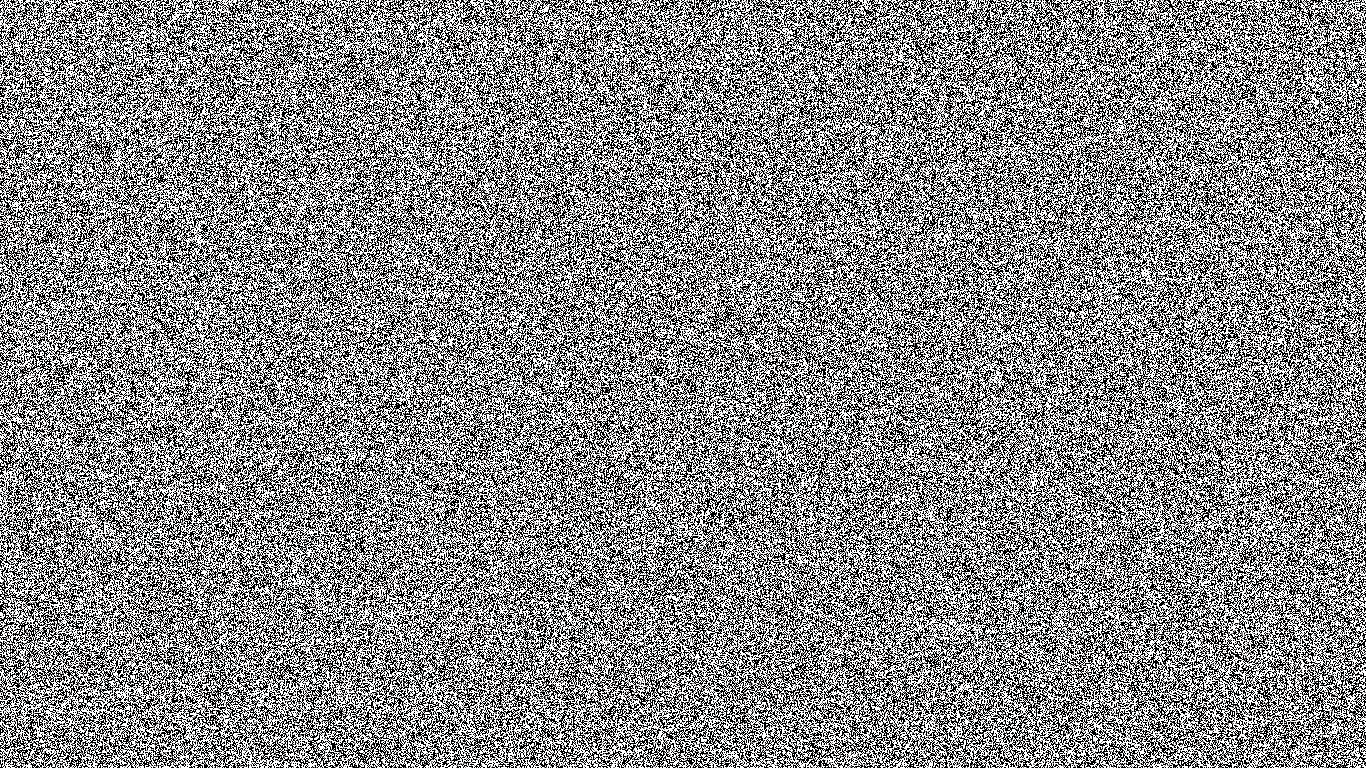Editorial
CritiqueCatastrophe* is, in Other Words, a Turn

Jadwiga Anioła
Work on the 9th issue of the RTV Magazine began in a world where human beings practiced unpunished proximity, held hands and kissed on the lips to greet; it ends in a reality where everything, from keys to the airport apron, undergoes disinfection, street fashion promotes medical casual style and distance is enforced with a fine. Over the past two weeks, the imagination of Steven Soderbergh, the director of the 2011 film “Contagion”, has become real. In a Hollywood classic of post-apocalyptic fiction, an unknown virus transported from Hong Kong to the USA by Beth Emhoff (Gwyneth Paltrow) decimates the human inhabitants of the earth. Among the things you can learn from the film is the fact that the easiest way to get infected is by touching your face with hands, and everyone does it at least three times a minute.
In the catastrophic everyday life, as in fiction, many people lose their sources of income. Many die. A few finish the overdue texts or maybe even books. Medical personnel, waste collectors, supermarket employees, and many others, continue to work risking their lives. Marginalized and underestimated by the neoliberal regime, care work is proving to be the only work essential to keep societies alive. Posthumanistic theories are becoming a reality, which leads philosophers to risk the hypothesis that if a virus can shake the world, so can the ordinary person. At the same time, virtual capitalism is growing in power. Everything is predictable and controllable like a Facebook story. Maybe except for the German asparagus, which remain in the ground due to seasonal workers who, out of self-care, refuse to sell their labour power for the price of their lives.
After a short, destabilizing shock, culture is transferring what can be transferred online, adapting to the several formats offered by corporate social networks; the working bodies stay at home. And as the world once again begins to stratify into a sea of losers and the island of winners, the rustling of cashmere and the smell of roasted sage come from afar. It’s a witch, a real woman, a goddess in a Scottish gown – Vala Foltyn, who arrives with her eardrum and trance singing to drive the plague of capitalism out of the sealed, silicone minds. She melts them with tenderness in order to finally bring them to death with a bloody kiss on their lips. Maria Subczyńska is giving up her subjectivity and allying herself with the mycelium community, learning from it the non-human wisdom of minimizing the needs necessary for survival on a degraded planet. Iza Moczarna-Pasiek prescribes the communitarian theory-practice of menstruation on a full moon for apocalyptic states of anxiety. In an interview with Magda Nina Sławikowska, Kinga Mistrzak invites us to the circle of women to educate in the meadow, currently on the links. Jadwiga Anioła weaves harvest wreaths and decorates scratched Easter eggs with stoic calmness, while the Odłam Źdźbło choir continues to sing ecological songs. Raftswoman and painter Ewa Ciepielewska shares the goodness that comes from the Vistula River, uniting with it through the healing #flow state. In an interview with Paweł Błęcki, Asia Borof admits that not all folk rituals heal, as in the case of the tiny Matilda thrown into the oven like Rosalin from the novella by Bolesław Prus, nevertheless, it is worth sticking to some of them, if they do no harm, but give a sense of security and belonging. Anna Olga Markowska performs everyday magic by casting spells: have a good day, peaceful night, stay healthy…

Vala Foltyn, photo: Rafa Medina
Mona Chollet in her book “Sorcières La puissance invaincue des femmes / Witches. The Invincible Power of Women”, recently translated into Polish, recalls the memory of the sisters herbalists, witches, and quacks, lost at the stakes of the Renaissance Europe. The domination of the white man on the Earth, which led us to the current climate and health crisis, is built on centuries of violence against women, people of colour, and environment. The injustice must be acknowledged and violence neutralised, only then can the story of the future of the planet be reconciled with the history of our species.
There is no escape from the catastrophe, so, as Donna Haraway postulates, we have to stay with the trouble, that is, learn to live with it. After the pandemic more challenges are likely to come; economic, political, ecological crises. Human history teaches us that every generation faced a challenge they were unable to prepare for: colonization, witch-hunt, World War I and II, Transformation, ecological disaster, and now the pandemic. Magic can help to overcome powerlessness, be a tool of emancipation that breaks the regime of patriarchal rationality enforcing the absurd separation of man and nature. In her essay “Three Ecologies In The World of Climate Crisis (And Coronavirus)”, Aleksandra Jach writes about the revision of values brought about by the COVID-19 pandemic which does not wait for consensus, agreements, summits and negotiations, but requires a change in the way of living right now. This is not the time for a peaceful Lenten reflection, contrary to what Bruno Latour writes in his quarantine essay: “Is This a Dress Rehearsal?” published by Critical Inquiry. The problem is not this particular virus, but the centuries-old patriarchal-capitalist exploitation that causes a constant threat to life, not only human life. It is time for a radical and necessary change in the way we perceive what a community is, for a re-evaluation of paradigms, so that the future will not be a repetition of an authoritarian nightmare, but a story of the emancipation of many from the oppression of few.
May it be now!
* Catastrophe or catastrophic comes from the Greek κατά (kata) = down; στροφή (strophē) = turning (Greek: καταστροφή).
